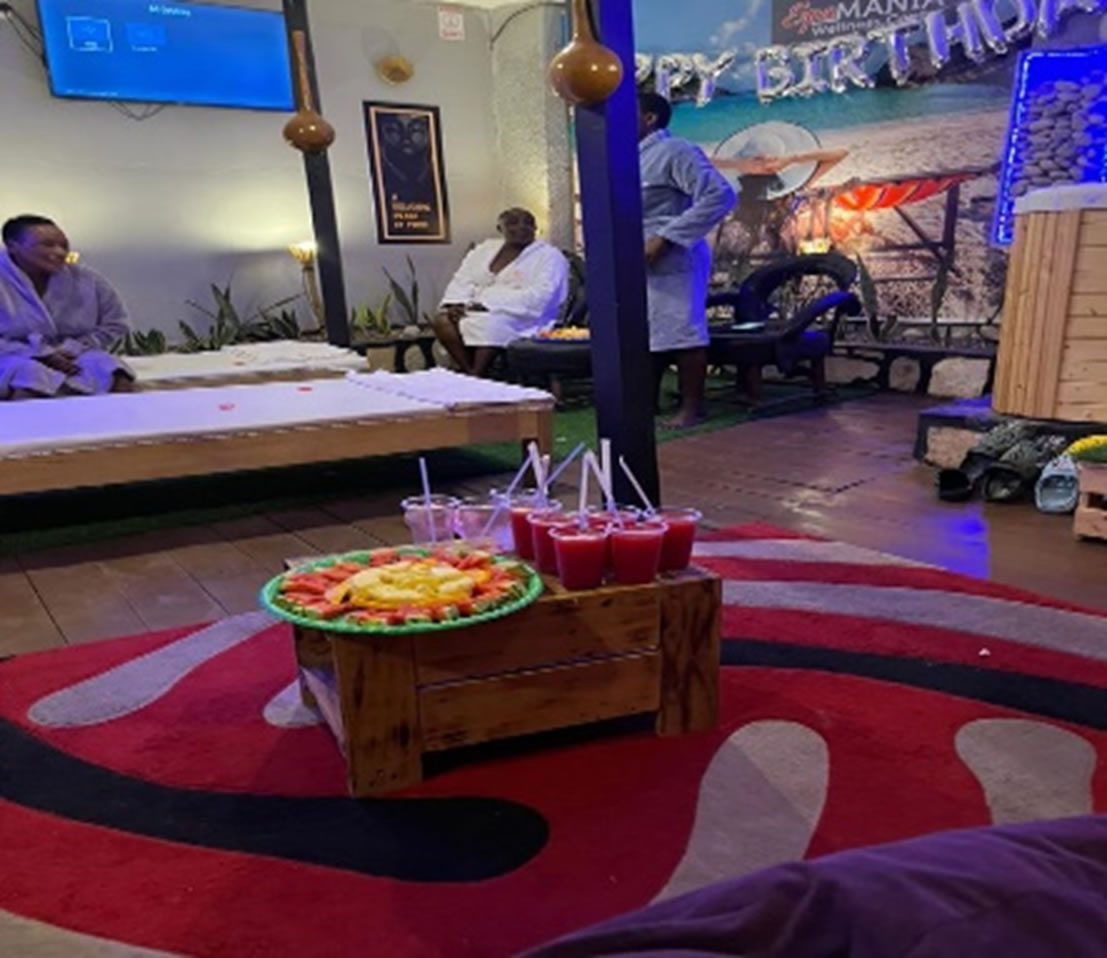In the demanding world of human rights activism, Women Human Rights Defenders (WHRDs) often face an overwhelming emotional and physical toll. As they advocate for marginalized communities and confront systemic injustices, they frequently experience stress, trauma, and burnout. Recognizing these challenges, the Women Human Rights Defenders Network Uganda (WHRDN-U) has adopted a holistic approach to support their members’ mental and physical well-being.
In February 2024, WHRDN-U organized a one-day wellness retreat for 11 WHRDs from various social movements. The event, held at Spa Mania Wellness Centre, was a vital step in providing these women with tools to manage the emotional and physical strains of their work. Through stress management techniques, body therapies, and group counseling, participants learned to cope with the pressures of their activism.
The session created a safe space for WHRDs to share their experiences of fear, anxiety, and exhaustion, allowing them to develop strategies for self-care. Participants such as Annet, a sex worker rights defender, and Lydia, an advocate for sex worker rights, highlighted the profound impact of these sessions on their personal well-being. Many shared stories of enduring physical pain, trauma, and even threats to their lives while tirelessly working to protect vulnerable groups.
The therapies offered—ranging from soothing massages to relaxing jacuzzi sessions—provided much-needed respite, helping the defenders recharge physically and emotionally. The group counseling session, led by an experienced therapist, focused on understanding the psychological effects of their work and fostering healthier coping mechanisms.
While the retreat was a success, it also underscored the need for continued support for WHRDs. Many face stigma, isolation, and a lack of work-life balance, which contribute to emotional distress. Yet, through the collective care fostered by WHRDN-U, these brave women are beginning to recognize the importance of prioritizing their own well-being, ensuring they can continue their crucial work without compromising their health.
In the fight for justice, it’s essential that we support those who stand on the frontlines. By investing in the wellness of WHRDs, we ensure that their voices remain strong, their activism sustainable, and their impact far-reaching.
Article published by Brenda Kugonza, Executive Director of WHRDN-U
